Authorities fear illicit tobacco trade is moving from Gloucester shops to ‘tab houses’ on estates
Fears have been raised that the war on illicit tobacco could soon take a sinister new twist after £20,000-worth of the stuff was found in a home in the Forest of Dean. The surprise discovery in Coleford means the trade could be moving from corner shops to “tab houses” in residential areas. Until now, most of the illegal tobacco in the region has been sold under the counter at city centre shops. But in some areas of the north cigarettes sold from private homes at pocket money prices have been blamed for creating a new generation of young smokers.
Lear More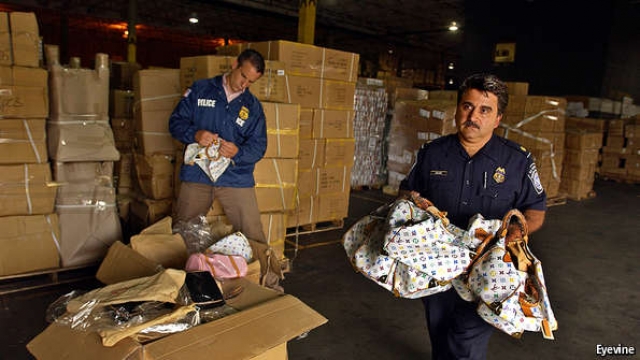
Counterfeit of Luxury goods
THE grand golden doors of 500 Pearl Street, in Manhattan, have welcomed such glamorous names as Hermès, Tiffany & Co and Kering, a French conglomerate whose treasures include Gucci and Bottega Veneta. The building is not a posh hotel or department store. It is the federal court for the Southern District of New York, a favoured battleground for the decidedly unglamorous war against counterfeit goods. The court is now the venue for Kering’s suit against Alibaba, a Chinese e-commerce giant. Kering alleges that Alibaba helps fakers sell goods on its websites. The French firm is not the only one to be incensed. On July 17th the American Apparel & Footwear Association (AAFA) demanded that Alibaba crack down on counterfeits. Alibaba insists it has extensive measures in place to do just that. It is trying to distance itself from counterfeiters, who are also accused by Kering. On August 6th Alibaba plans to argue to the court that it risks being unfairly implicated as a co-conspirator. A bitter trial looks likely.
Lear MoreNGOs acting at behest of foreign firms: ITC chief
As its core tobacco business faces pressure, ITC chief Y C Deveshwar on Friday accused some ‘NGOs’ of acting as agents of foreign firms and helping them smuggle international cigarette brands ‘duty-free’ while steep taxes are hurting the domestic industry. Addressing diversified group’s annual general meeting here today, ITC’s Chairman Y C Deveshwar said if cigarettes were harmful, then why the product was being sold in airport duty-free shops. “Unprecedented pressure on the legal cigarette industry with imposition of steep taxes has led to consumption being diverted to tax-evaded as well as smuggled products,” he said. Kolkata-headquartered company’s revenue from cigarettes dropped by 1.22 per cent to Rs 4,149.61 crore in the first quarter ended June 30, as against Rs 4,201.06 crore year-ago.
Lear More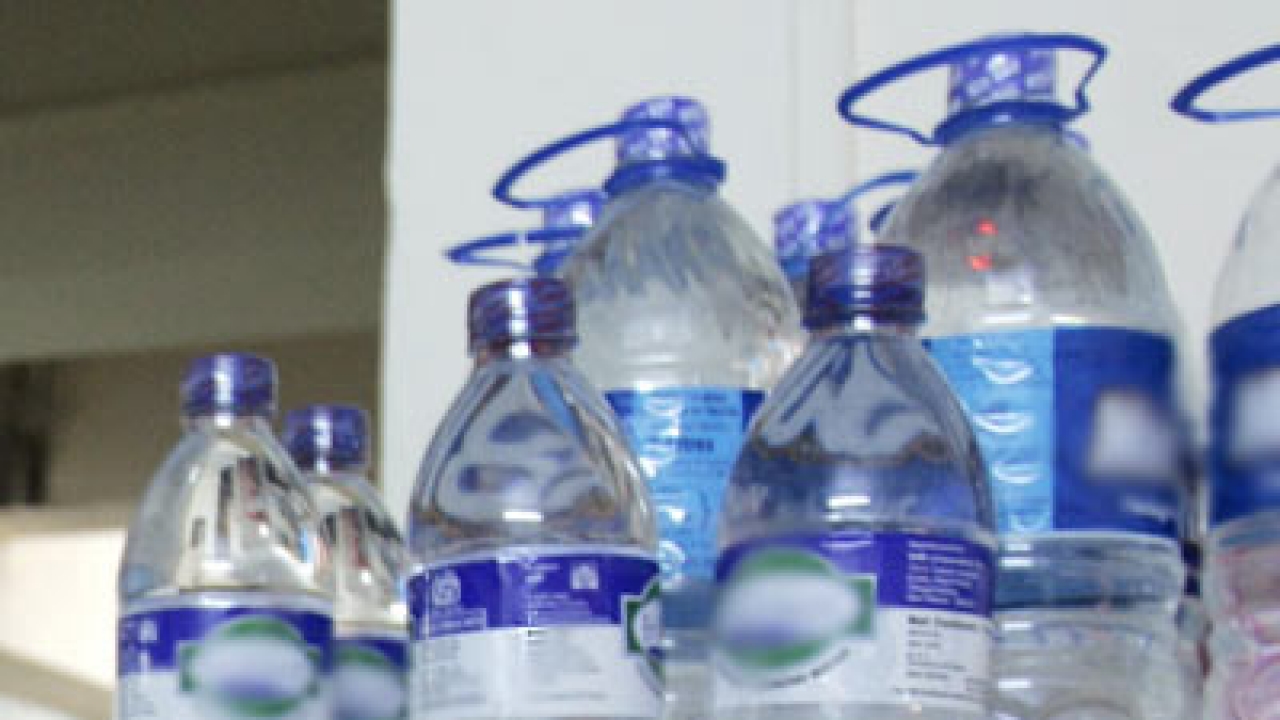
PIL on fake water bottles, medicines
The petition by Satish Chandra, filed through advocate Abhiuday Chandra, has contended that the “Central Pollution Control Board has found that the tap water in Delhi contains carcinogenic substances and the toxic quotient is five times higher than the WHO standards.” Concerned over risk to public health due to “pervasive menace” of fake water bottles and medicines, the Delhi High Court on Friday sought the Centre’s response on a PIL seeking implementation of anti-counterfeit measures like hologram seals and ISI marks.A bench of Chief Justice G Rohini and Justice Jayant Nath issued notice to the ministries of Health and Consumer Affairs seeking their replies within four weeks and listed the matter for further hearing on September 16.
Lear More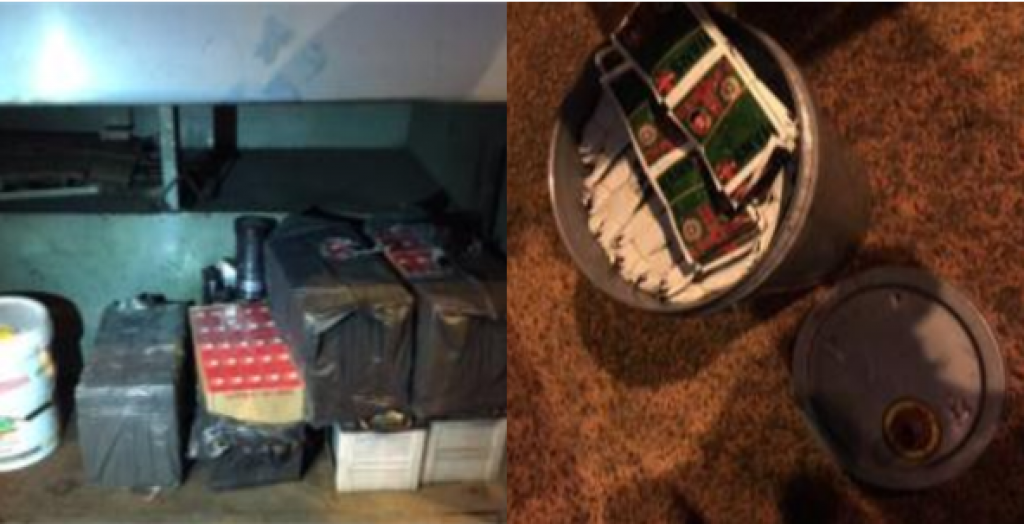
Contraband Cigarettes, Chewing Tobacco Seized
More than S$100,000 worth of contraband cigarettes and chewing tobacco were seized by Immigration & Checkpoints Authority (ICA) officers within a span of eight hours on Wednesday (July 29) and Thursday, said the ICA today. The seized items, from three cases of attempted smuggling at Woodlands Checkpoint and Tuas Checkpoint, totalled 423 cartons of contraband cigarettes and 20,542 sachets of chewing tobacco. The total duty as well as Goods and Services Tax evaded exceeded S$88,000 and S$7,000 respectively, said the ICA. The first attempt occurred on July 29, at about 11.15pm, at Woodlands Checkpoint. Five boxes containing containing contraband cigarettes and two pails of chewing tobacco — totalling 125 cartons of contraband cigarettes and 2,400 sachets of chewing tobacco — were found hidden in the luggage compartment of an empty Malaysia-registered bus.
Lear MoreTobacco smugglers jailed
A Lancashire father and son, who attempted to steal £229,000 in tax by smuggling illegal cigarettes and tobacco into the UK, were jailed this week at Manchester Crown Court.
http://www.forecourttrader.co.uk/news/fullstory.php/aid/10097/Tobacco_smugglers_jailed.html
Lear More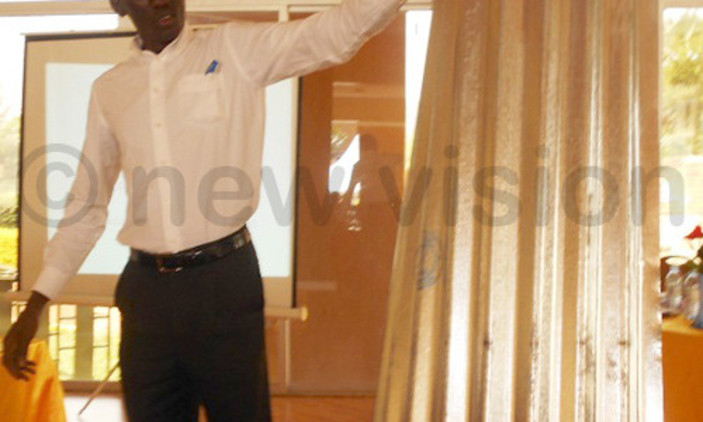
Lack of compliance to UNBS laws
LACK of complying with existing laws under the Uganda National Bureau of Standards (UNBS) and stipulated standards has led to the increased usage of counterfeit materials, Martin Imalingat the manager quality assurance has revealed. Imalingat explained that as UNBS, they have laws and set standards intended to fight the importation or manufacturing of counterfeit goods on the market but most consumers and suppliers are not aware about them. “We have the laws and standards in place but most consumers are suppliers are not aware about them, this has highly contributed to the selling and use of counterfeit goods and materials,” he said. He added that even some government officials were not aware of the existing laws and standards yet they are the ones who are supposed to implement them. He added that it was unfair to make the standard laws when they can’t be put to use them to certify products.
http://www.newvision.co.ug/news/671615-lack-of-compliance-to-unbs-laws-fueling-counterfeits.html
Lear More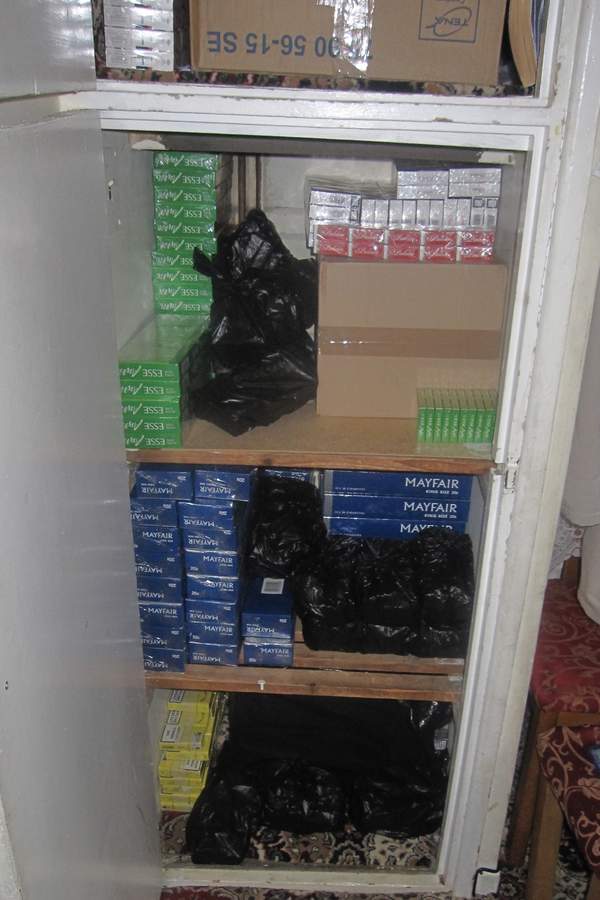
Trader guilty of trying to sell fake cigarettes
Abdullah Al-Taaei, 48, of Kennington, was due to stand trial on July 6 at the Inner London Crown Court, but pleaded guilty before the trial got underway. The offences took place in March 2014 and concerned more than 82,000 cigarettes as well as hand rolling tobacco, sold at East Street Market, in Southwark. The court heard that following an anonymous tip-off, Al-Taaei had been subject to surveillance by Southwark Council’s trading standard team over a three month period in early 2014. Officers saw Mr Al-Taaei leaving a flat in SE1 for East Street market with a rucksack and shopping bag trolley. CCTV footage from the market showed that these contained cigarettes and tobacco, which he appeared to sell.
Lear MoreFakes, phonies and frauds
As the world has grown smaller, more and more foreign-made goods are hitting our shores, according to Consumer Reports. Among them, you will find a flood of fakes, fueled in part by the Internet and the ease with which we can buy products directly.Last year, United States law enforcement agencies — including U.S. Immigration and Customs Enforcement’s Homeland Security Investigations — shut down 29,684 websites that were illegally selling counterfeit merchandise online. Not only do fakes cost U.S. businesses as much as $250 billion in lost trade annually, but many are also downright dangerous.
http://elkodaily.com/news/fakes-phonies-and-frauds/article_406d683c-482c-51ba-9d27-057bdbe583ad.html
Lear More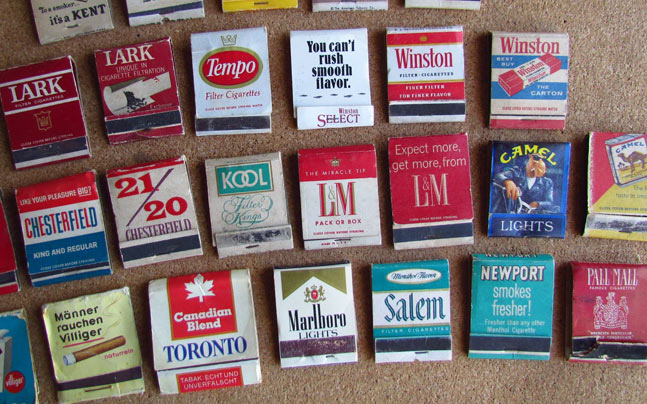
Cigarette smuggling is injurious to India
The Directorate of Revenue Intelligence, Mumbai seized 60.76 sticks of smuggled cigarettes worth Rs 4.24 crore at India’s biggest port – JNPT in last 24 hours. In this case, total three persons has been detained and one appraiser – Rishi Ranjan has been suspended for “reportedly cleared the container without examination.” As one of the container was about to go out of continental CFS NhavaSheva, DRI intercepted on a tip off and seized the consignment. These smuggled cigarettes were hidden in the cover of cargo trolley bag. Investigation is still under process and nobody has been arrested till now. In last six months, dozens of cigarette smuggling cases has been intercepted by the DRI and Customs officials in India. In one of the largest seizures in recent times, the DRI seized total 3.21 crore smuggled cigarettes sticks of multiple brands, worth Rs 23.29 crore at Adani Hazira Port near Surat city. These cigarettes were brought from Dubai in two cartons and polyethylene bags. The cigarettes were brought from Dubai. The brands are strawberry-flavoured Luvin Fresh, clove-flavoured Djarum Black and Gudang Garam
Lear More


